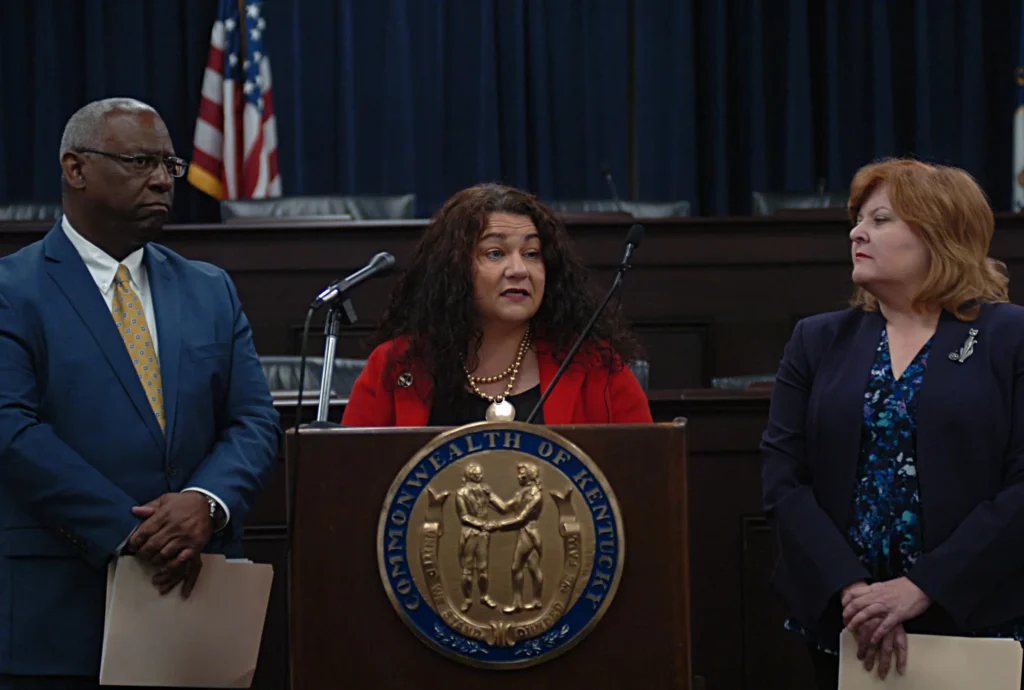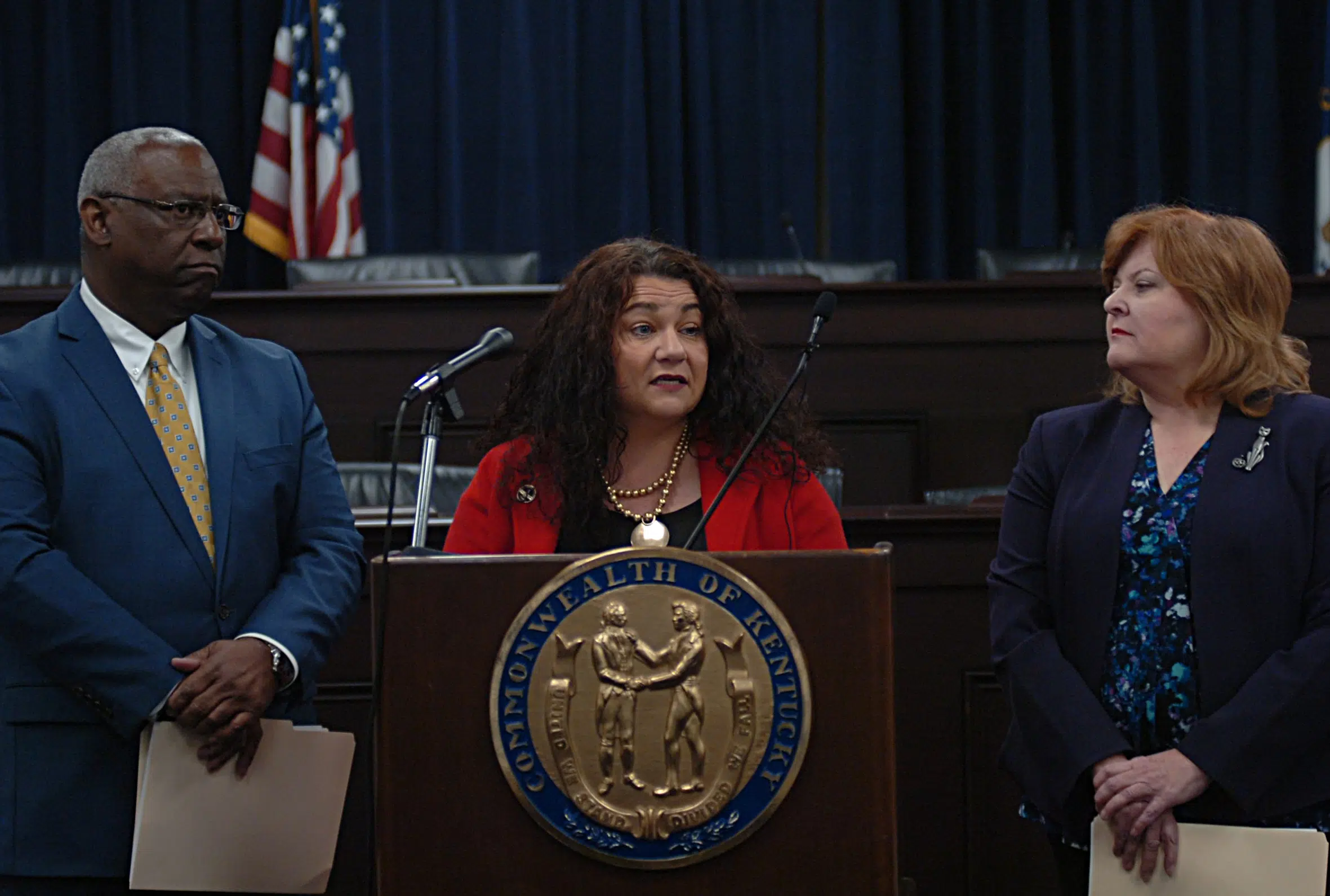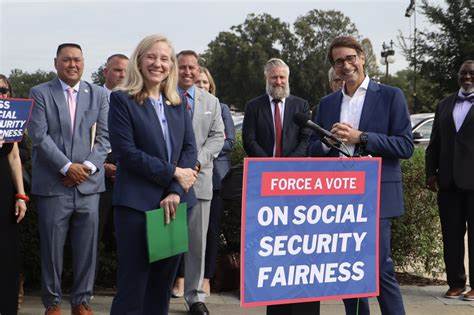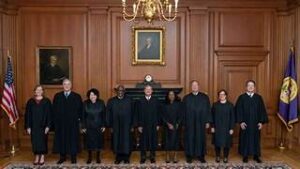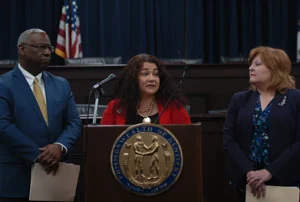In the wake of growing public mistrust in government, the Campaign Legal Center (CLC) and six partner organizations have urged the next President of the United States to prioritize ethics reform in the executive branch. This initiative seeks to restore public trust through transparent and enforceable ethical standards, ensuring that senior government officials serve the public interest above personal or partisan agendas.
This blog explores the proposed reforms, their significance, and why ethics in governance must become a cornerstone of the next administration’s agenda.
The Need for Executive Branch Ethics Reform
The executive branch wields immense power over policies and decisions that directly impact the American people. Yet, as the CLC points out, mechanisms to ensure accountability and high ethical standards are alarmingly inadequate.
Current Challenges
- Lack of Enforcement: Existing ethics rules often lack clear enforcement mechanisms, leaving violations unaddressed.
- Erosion of Public Trust: Perceived corruption and self-dealing by government officials contribute to widespread skepticism about federal governance.
- Partisan Polarization: In a divided political climate, ethical governance can serve as a unifying principle to restore faith in democratic institutions.
Key Reforms Proposed by the Coalition
The coalition has outlined specific steps for the incoming administration to adopt, ensuring that ethics become a central focus of governance:
1. Enforceable Ethics Code for Presidential Transition Teams
- Transition teams play a crucial role in setting the tone for the incoming administration.
- An enforceable ethics code would ensure transparency and accountability during this critical phase.
2. Stronger Ethics Pledge for Senior Officials
- The pledge would set high standards for executive branch appointees and federal agency officials.
- It would include clear guidelines on conflicts of interest, financial disclosures, and interactions with lobbyists.
3. Appointment of an Ethics Czar
- A dedicated ethics czar would oversee the implementation and enforcement of the administration’s ethics program.
- This role would ensure accountability across all levels of the executive branch.
Voices from the Coalition
Leaders from prominent organizations have emphasized the urgency of these reforms:
- Kedric Payne, Campaign Legal Center (CLC):
“Transparency and accountability are essential to our nation’s democratic institutions.”
- Gregg Nunziata, Society for the Rule of Law:
“Especially in these sharply divided times, citizens across the ideological spectrum must demand leadership that upholds the rule of law.”
- Lisa Gilbert, Public Citizen:
“Ethical government is a core value. We hope and expect to see true leadership on this subject by our next president.”
- Virginia Canter, CREW:
“The failure to establish an enforceable ethics pledge will further decay public trust in our government.”
Why Ethics Matter in the Executive Branch
Ethics are the foundation of effective governance. When senior officials adhere to high ethical standards, they:
- Strengthen Democracy: By prioritizing public interest over personal gain, ethical governance upholds democratic values.
- Enhance Transparency: Clear disclosure guidelines and accountability mechanisms reduce opportunities for corruption.
- Rebuild Trust: Demonstrating integrity in public service restores confidence in government institutions.
The Broader Impact of Ethical Governance
Restoring Public Trust
Public opinion surveys consistently show low levels of trust in federal institutions. A strong commitment to ethics can help reverse this trend by demonstrating that government officials are held accountable for their actions.
Setting a Global Example
As a global leader, the U.S. has a responsibility to model ethical governance. Strengthening executive branch ethics would reinforce America’s credibility on the world stage.
A Bipartisan Imperative
The coalition stresses that ethics reform is not a partisan issue. Regardless of political affiliation, the next president has a duty to ensure the highest standards of conduct in the executive branch.
Key Supporters
- Common Cause: Advocating for reforms to enhance public trust and accountability.
- Project On Government Oversight (POGO): Highlighting the negative consequences of public distrust in government.
- Issue One: Calling for rigorous oversight to guard against corruption.
Looking Ahead
As the next president assumes office, the implementation of these ethics reforms will signal a renewed commitment to integrity and accountability in governance. Key steps include:
- Immediate Adoption of an Ethics Code: Establishing enforceable guidelines during the transition period.
- Transparency in Appointments: Requiring all senior officials to commit to the new ethics pledge.
- Empowering Oversight Bodies: Expanding resources and authority for ethics enforcement.
The Campaign Legal Center’s call for ethics reform in the executive branch underscores the urgent need to rebuild public trust in government. By adopting the proposed measures, the next administration can demonstrate a commitment to transparency, accountability, and integrity in public service.
These reforms are not just about ethics—they are about restoring faith in democracy and ensuring that government truly serves the people.



